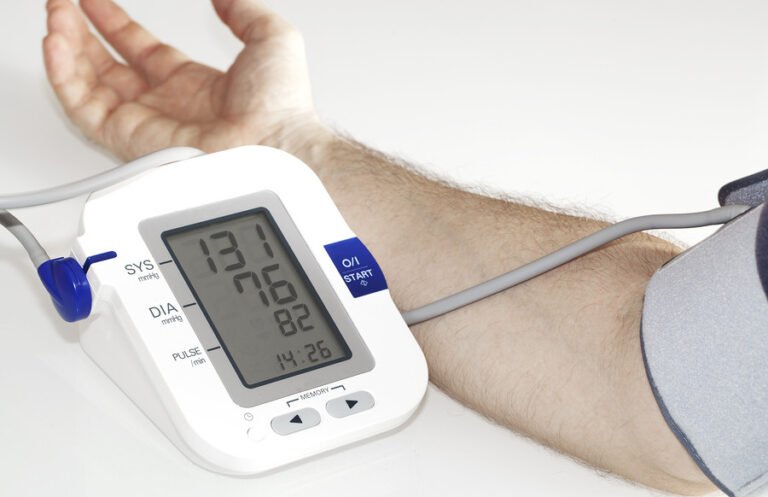A new study reveals that just five more minutes of exercise could significantly impact your blood pressure.
Dr. Jo Blodgett, the study’s lead author and a senior research fellow at the Institute of Sport, Exercise & Health at University College London, explained that incorporating even a few minutes of higher-intensity activities like brisk walking or cycling into your daily routine can lead to noticeable improvements in blood pressure levels.
The study, published in Circulation, analyzed data from nearly 15,000 participants who wore activity monitors and had their blood pressure tracked.
The participants’ daily activities were categorized into six types: sleep, sedentary behavior, slow walking, fast walking, standing, and more vigorous exercise.
Researchers examined the effects of replacing sedentary time with more active periods.
Even as little as five extra minutes of exercise per day was linked to lower blood pressure.
A modest increase of 10 to 20 minutes was associated with a clinically significant reduction in blood pressure—about a 2mmHg drop in systolic and 1mmHg drop in diastolic pressure, according to Blodgett.
Such changes can reduce the risk of heart disease and stroke, explained Dr. Susan Cheng, a cardiology professor at Cedars-Sinai Medical Center, who was not involved in the study.
Dr. Cheng emphasized the importance of the study’s findings, noting that even small changes in activity can lead to significant health improvements, especially given the typically sedentary nature of modern life.
Previous research has already shown that increased physical activity is linked to better blood pressure control.
What makes this study stand out is its focus on real-life habits rather than structured exercise programs, as noted by Dr. Mark Hamer, a professor at University College London and coauthor of the study.
He pointed out that while exercise can lower blood pressure, many people tend to return to sedentary behavior once a program ends.
The study also highlighted the extent of sedentary lifestyles, with the average middle-aged adult spending about 11 hours a day sitting, 3 hours standing, 1-2 hours walking slowly, and about an hour walking briskly.
On average, only 15-16 minutes per day are spent in higher-intensity activities.
Though the study is observational and can only show correlations, the findings suggest that small increases in daily physical activity can have a positive impact on heart health, according to Dr. Cheng.
The study also hinted that sedentary time might be more harmful to women’s blood pressure than to men’s.
However, replacing sedentary time with low-intensity activities like sleep or slow walking showed little benefit.
Dr. Blodgett noted that for more meaningful results, it’s better to replace sedentary time with higher-intensity activities, even if it’s just for a few minutes.
Dr. Shaan Khurshid, a cardiac electrophysiologist at Massachusetts General Hospital, recommends exercise that leaves you breathless to the point where speaking in full sentences becomes difficult.
The study also showed that even those who were the least physically active saw the biggest improvement, suggesting you can start small and gradually increase your exercise.
Dr. Blodgett advised aiming for an additional 5 minutes of high-intensity activity each day and building from there.







